
Knowledge that counts
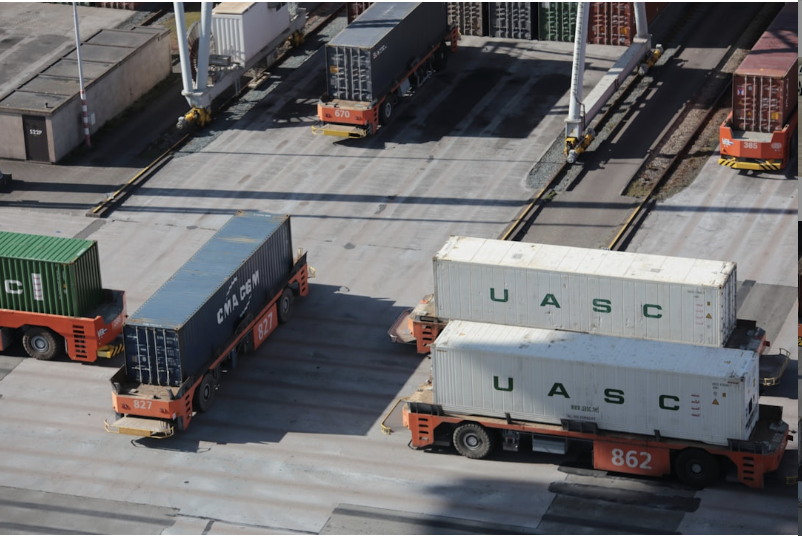
The Coming Shakeout in Supply Chain Tech: $80B at Risk in the Age of AI.
The supply chain technology sector faces a major turning point. More than $80B has been invested since 2018, yet the rise of AI is rapidly commoditizing capabilities that once took years to build. Traditional growth models — from visibility to prediction to automation — are collapsing as generative AI enables faster, cheaper development. This shift leaves billions in capital at risk and challenges exit opportunities for startups and investors alike. Defensibility will no longer come from technology itself, but from proprietary data, operational context, and leadership.

Resilience, Transparency, and Technology: Rethinking Modern Supply Chains
In a feature for Handelsblatt’s Supply Chain & Technology special, Wolfgang Lehmacher, Anchor’s Lead Partner for Logistics & Supply Chains, explores how resilience, transparency, and emerging technologies are transforming global supply chains. From ancient inventory systems to today’s AI-driven networks, the article highlights why diversified sourcing, digital tools, and human collaboration are vital for navigating disruption and building future-ready operations.

A Moment of Change - Making the Case for Visibility in Trucking
With global supply chains under pressure, the trucking industry is at a pivotal moment. This article explores how enhanced visibility through digitization can help address rising logistics costs, delays, and inefficiencies. As freight bottlenecks persist, investing in real-time data and digital tools may be the key to unlocking more resilient and efficient transport networks.

Decarbonizing the maritime sector: Mobilizing coordinated action in the industry using an ecosystems approach
If the shipping industry were a country, it would rank 5th among the top GHG/carbon emitting countries. According to the IMO, the emissions of the industry is expected to double by 2050 if nothing is done to tackle the challenge of decarbonization.

TradeTech has huge potential to boost trade - here's what policy-makers should know
Discover the transformative potential of TradeTech in this article co-authored by Anchor and featured on the World Economic Forum portal. Learn how digital tools are reshaping global trade and what policy-makers need to know to stay ahead.

Virtual Watch Towers for Supply Chain Visibility
Although the concept of virtual watch towers is not new, its evolution saw substantial acceleration as digital technologies like cloud, blockchain etc. have become more advanced and widely deployed.
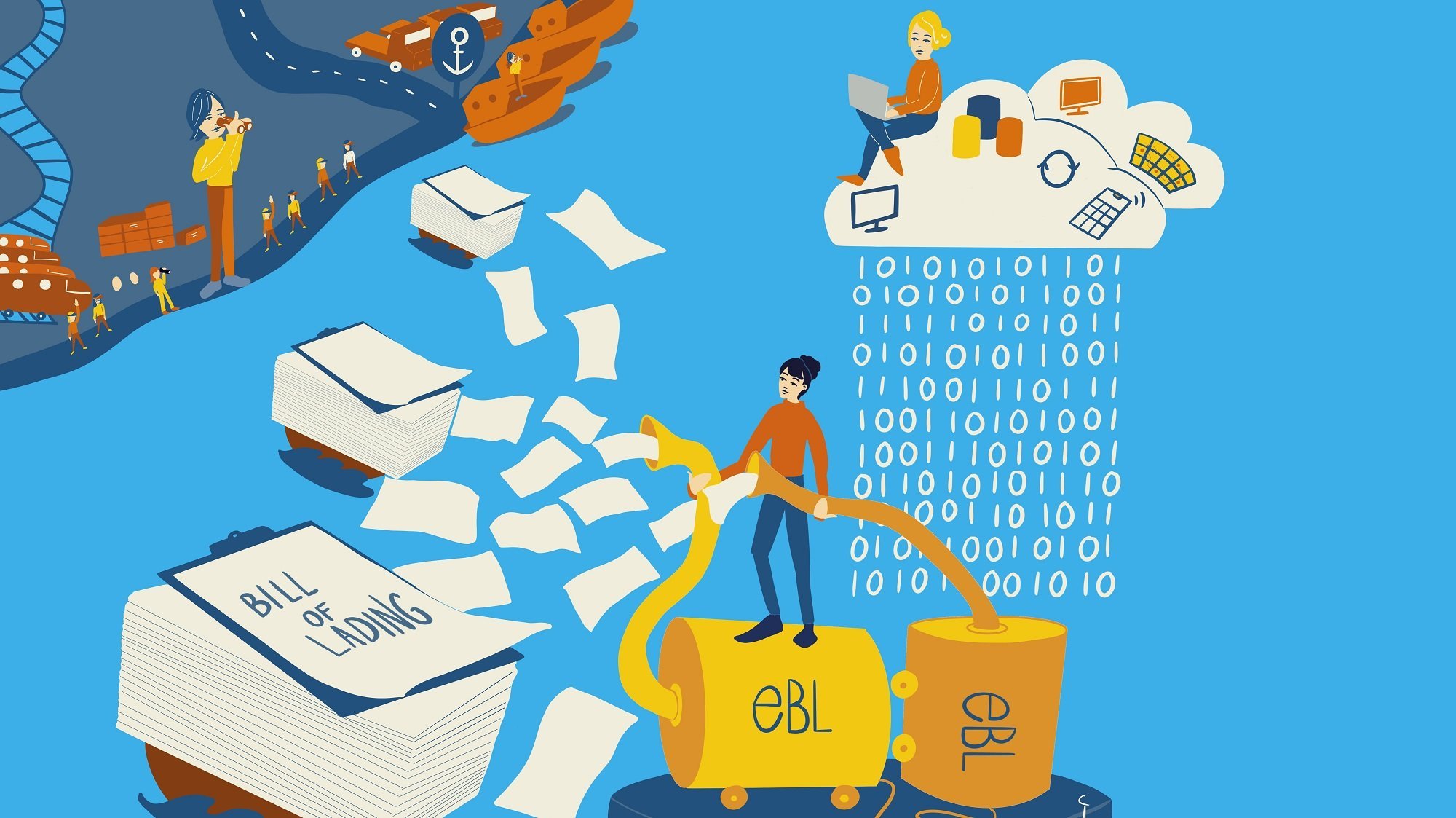
The Dynamics of Document Digitisation
The winners in the digital age are operating based on data and links to data on their platforms. By introducing electronic documents, the maritime sector is taking the first step towards a similar and more efficient digitalised future. The big question is – how long will it take?

Digital Frontrunners: Injecting smartness in supply chain networks
Today, the “smart” supply chain has become a necessity. Companies that can build, operate, and leverage such supply chains will define the future of logistics.
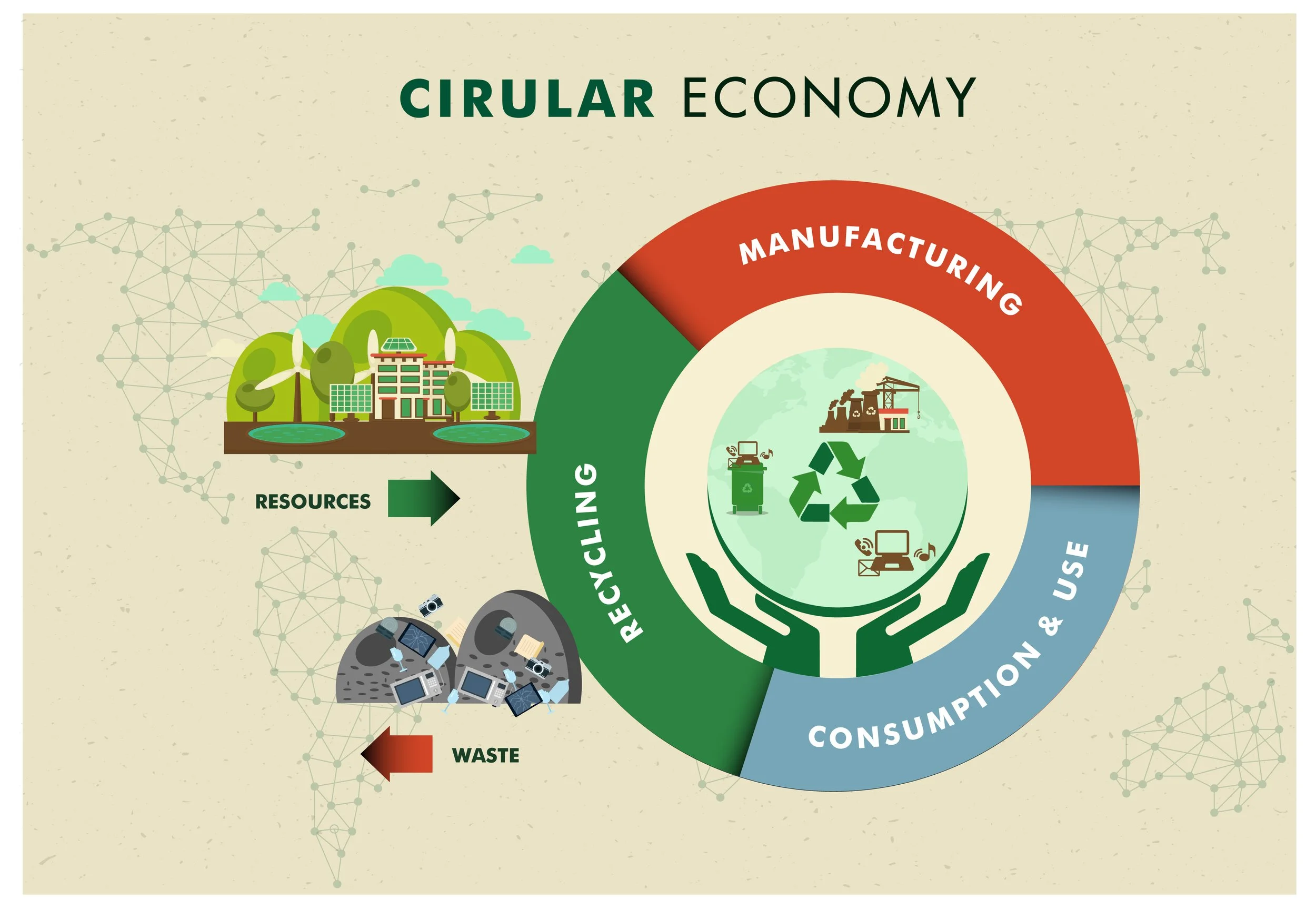
Circular economy: An opportunity for transport and logistics
More and more companies realize the importance to switch from a linear “take, make and waste” approach to a circular “repair, reuse, recycle” framework. As only 9% of the global economy can currently be considered circular, there are many challenges and requirements ahead to drive this enormous transition.

Ports of tomorrow: Measuring digital maturity to empower sustainable port operations and business ecosystems
Major seaports and inland ports have set goals to be zero-emission ports by 2040.
Seaports have undergone substantial changes, moving from being a simple gateway to seaborne transport and inland waterways, to becoming empowered as business ecosystems and bringing together a multitude of actors to pursue a variety of operations.

In the crosshairs: Real-time logistics visibility
The past years have brought with them immense challenges for carriers, logistics operators and supply chain managers.Against this backdrop, attention has focused on the urgent need for visibility.
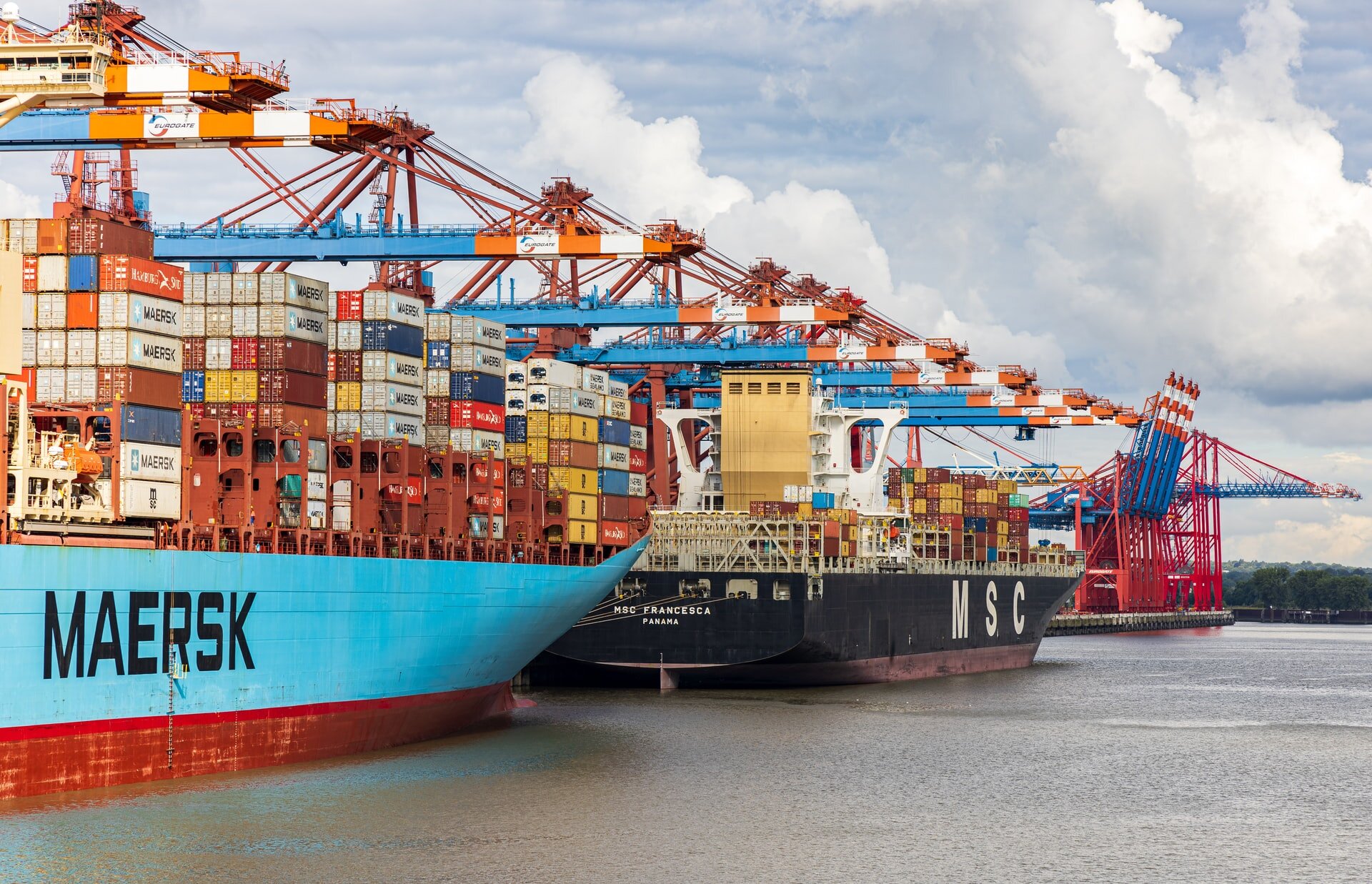
Improving a congested maritime supply chain with time slot management for port calls
Disruption and congestion are occurring across the global maritime supply chains. This article showcases how time slots and data sharing can be used to overcome disruptions and congestion in the supply chain system and improve supply chain visibility.
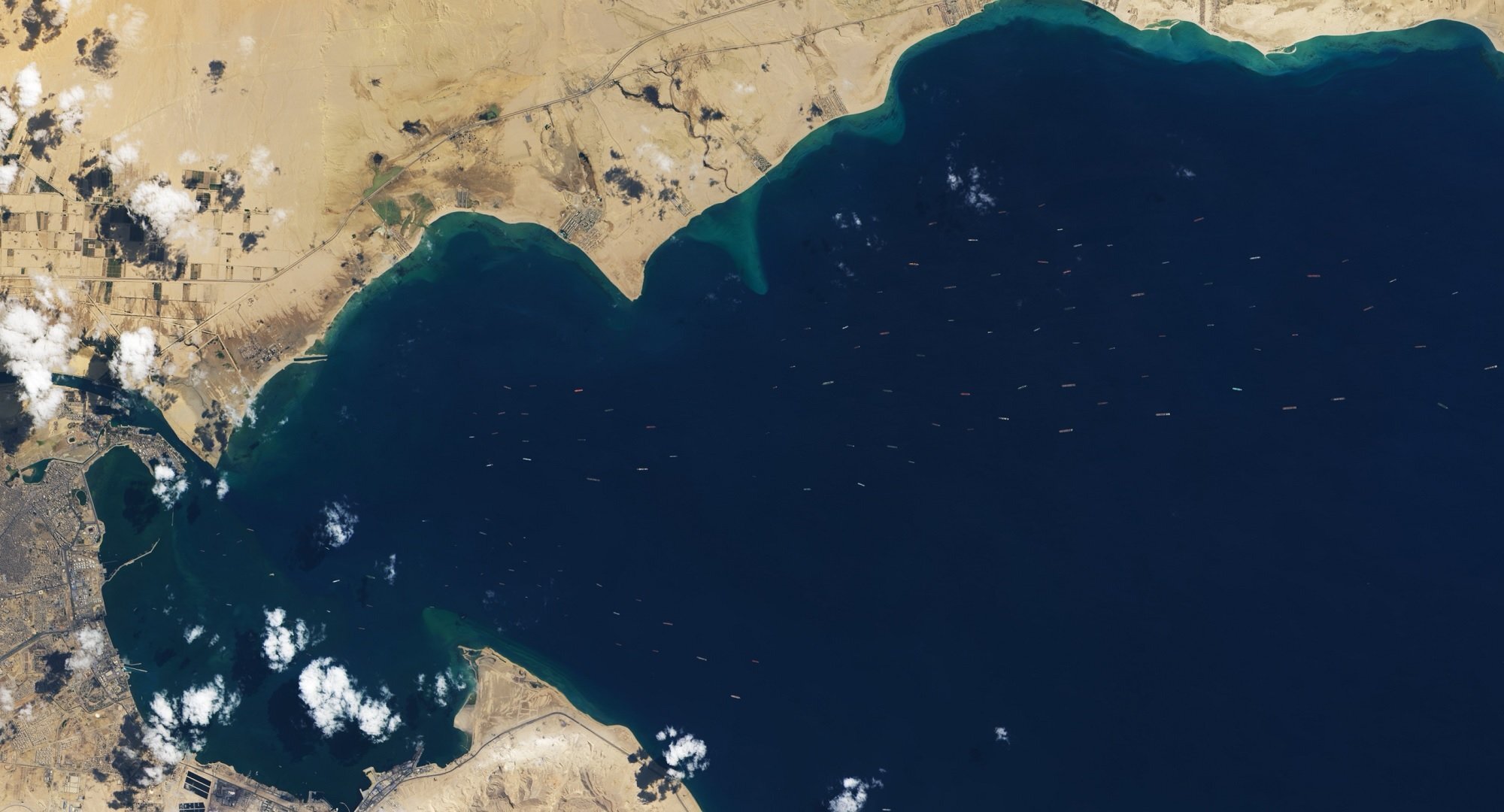
Resolving the Suez backlog: predicting ship transits in capacity-constrained areas
The Suez Canal blockage provides an opportunity to explore ways to improve coordination and reduce congestion at shared infrastructure like canals and ports.

The Suez Canal Puzzle – Pulling the Pieces Together
The Ever Given container ship blocked the Suez Canal for six days, yet the impact of this event goes far beyond the billions of dollars lost and weeks of shipping delays.

Key Steps Towards a High Performing Maritime Industry
The future of the maritime industry involves the use of data-driven technology to empower decision-making and standardise operations.

